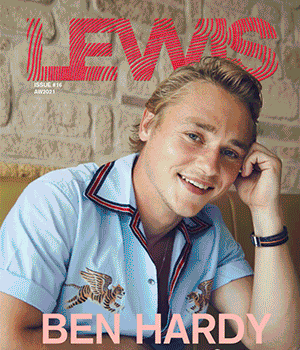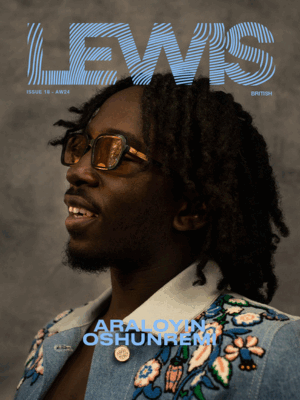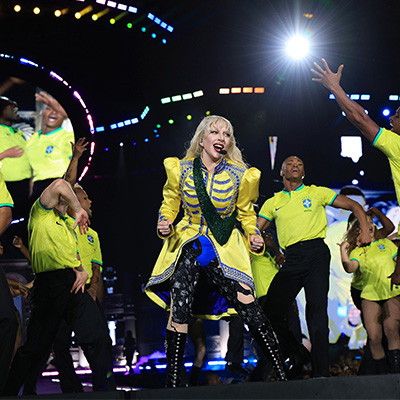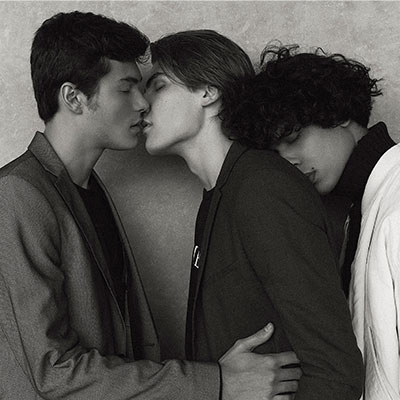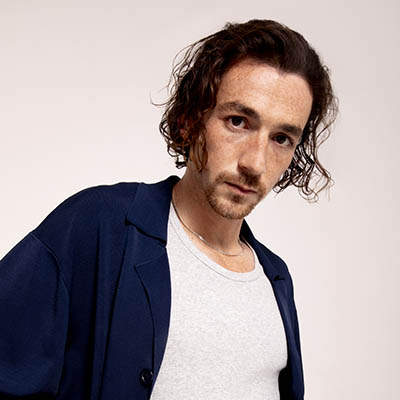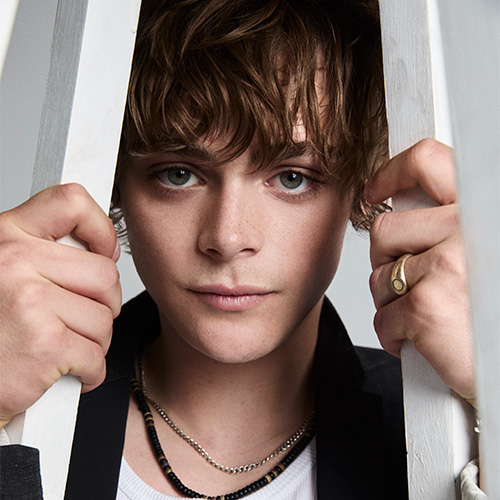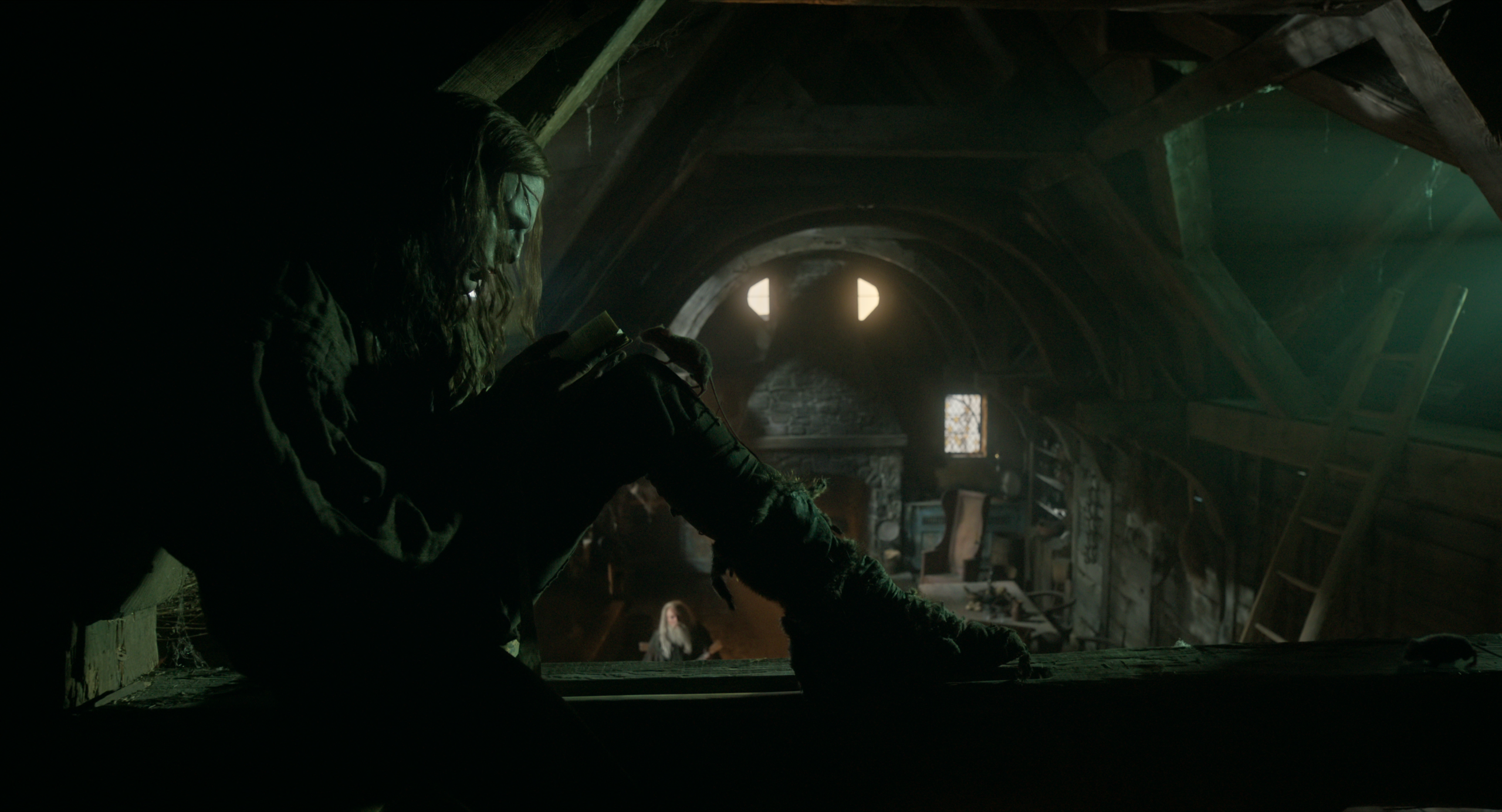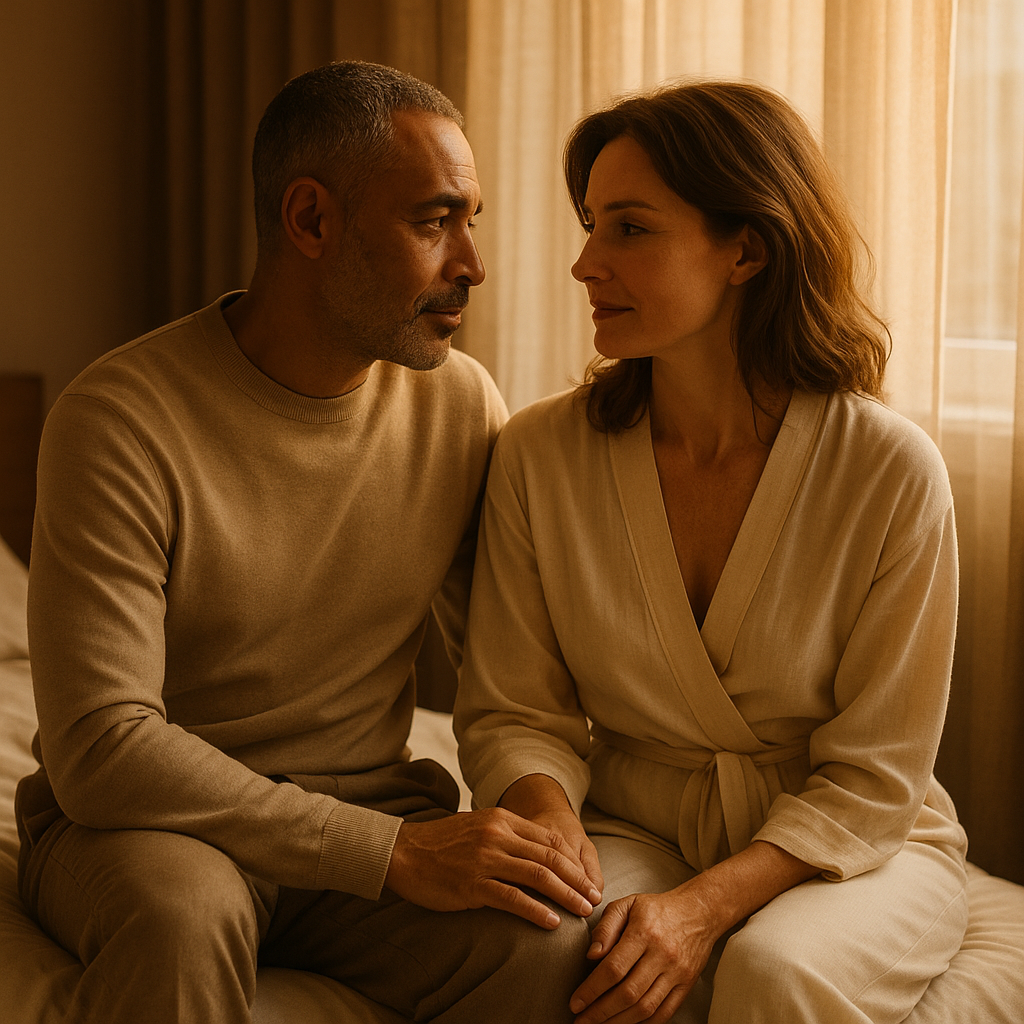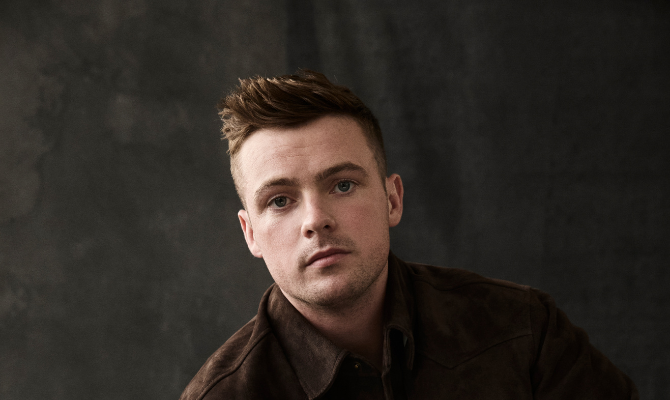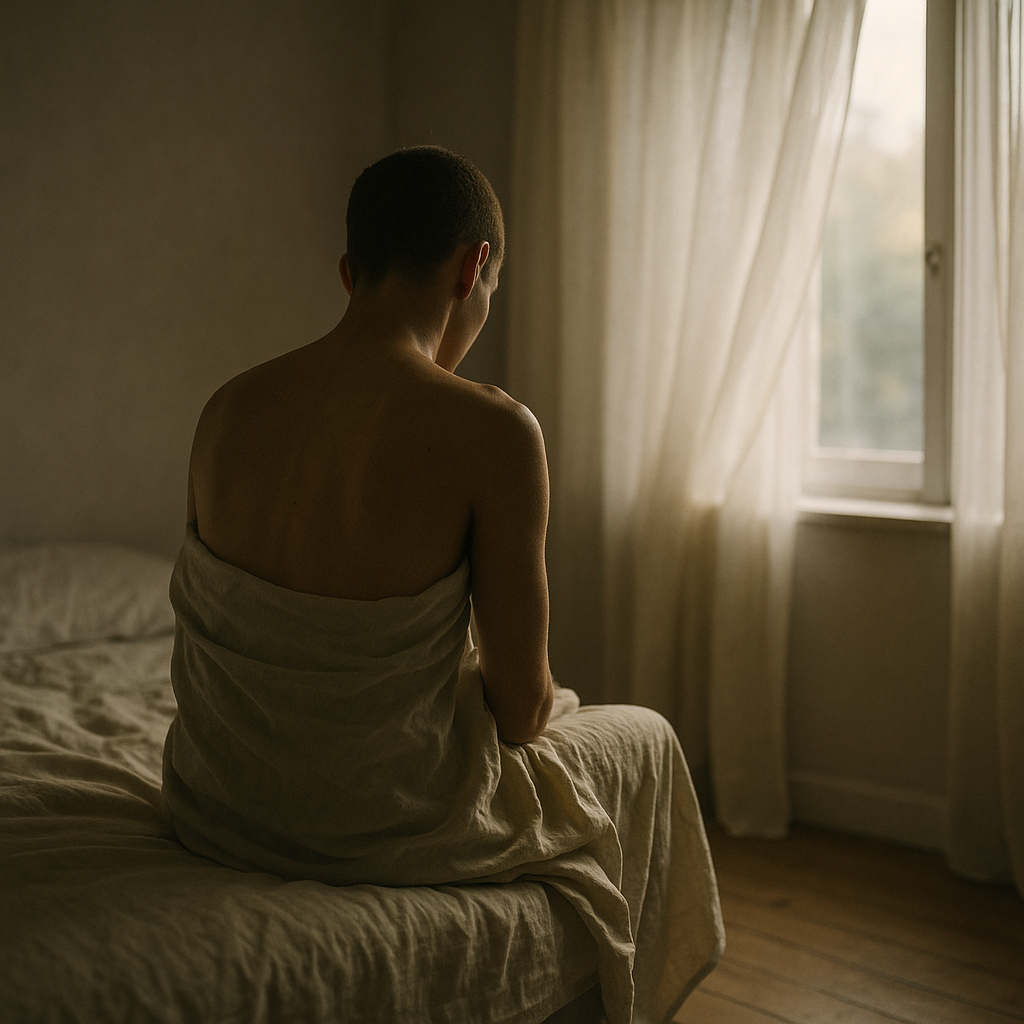David Shields, acclaimed for his diverse roles and notable performances, is stepping into a riveting chapter of history with his latest portrayal of Major Everett in the highly anticipated series, “Masters of the Air” on Apple TV+. Known for delving deep into his characters, Shields brings a profound connection to this project, drawn not only by his admiration for the seminal series “Band of Brothers” but also by a personal resonance that traces back to his childhood. His dedication is evident, from cutting short holidays for auditions to meticulous preparation, embodying the spirit of the courageous airmen he portrays. Working under the watchful eyes of executive producers like Tom Hanks and Steven Spielberg, Shields navigates the complex narrative of heroism, sacrifice, and the stark realities of war, promising a portrayal that is as authentic as it is heartfelt.
In this in-depth conversation, David Shields offers a glimpse into the intricate layers of his role in “Masters of the Air,” reflecting the intensity and dedication required to bring such a multifaceted character to life. His journey from a fervent fan of historical series to embodying a pivotal figure in a narrative of bravery and resilience is a testament to his growth and versatility as an actor. As Shields continues to explore new horizons, with plans to connect with the family of the real-life hero he portrayed and projects that remain intriguingly under wraps, his trajectory remains as compelling as the characters he brings to life. Audiences can eagerly anticipate not only a groundbreaking series that pushes the boundaries of storytelling but also the continued evolution of an actor deeply committed to his craft.
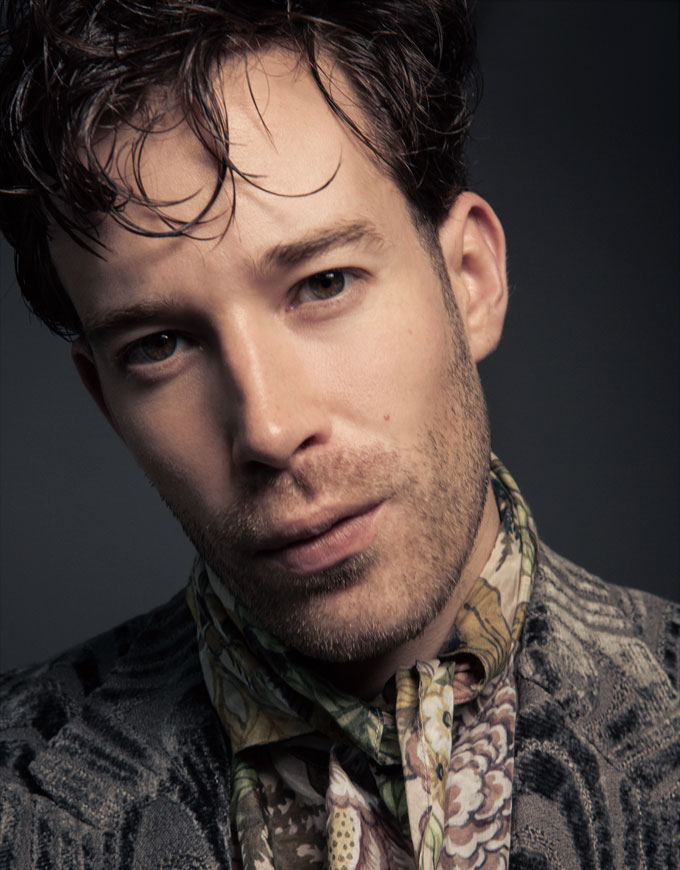
Photography – Lee Malone, Styling Fabio Immediato, Grooming Paul Donovan
SD: David, your role as Major Everett in “Masters of the Air” is highly anticipated. Can you share with us what drew you to this character and project?
DS: Oh, wow, what drew me to the project was the fact that, you know, “Band of Brothers,” in particular, and “The Pacific,” but “Band of Brothers” was probably, and still is, my favorite television series of all time. It’s certainly the series that I’ve watched most consistently, almost repeatedly. It was probably the first show that I ever watched from start to finish. Yes, that limited series came out when I was 10. I was obsessed with it. So, when my friend told me about this show, probably about a year before the audition came through, both of us were like, “This is the one we want to be a part of.” So, when the audition came through, I think I was on holiday at the time, and I cut my holiday short and went back to London. I got the military haircut, the flight jacket, all the costume, all the bells and whistles. I made sure that the audition tape was as good as it could be. I mean, with the names involved, it’s not difficult to see why so many people are excited. With regards to the character, it was after being cast that I really got a sense of him. That’s when I read “A Wing and a Prayer” by Harry Crosby, where he figures quite heavily, and where I watched interviews his son conducted with him in the ’80s. That’s where I could get a sense of his demeanor and the character of the man himself. So, yes, before the audition came along, I had my own personal history as a fan of this companion series. Then, after getting the gig, it was a case of trying to absorb all the relevant historical material and all the different bits of literature and video that pertained to the character specifically.
SD: Thank you. Executive producers Tom Hanks and Steven Spielberg are known for their outstanding work in historical dramas. What was it like working with them on this World War II series?
DS: Well, you know, those two are absolute masters of their crafts. And even though they weren’t always there in person because we were shooting right in the heart of COVID, with all the limitations and challenges that posed. So, we wouldn’t see them pottering around on set day-to-day, although Tom Hanks did turn up for the boot camp. But they were in the background, watching the dailies, the rushes, and keeping a watchful eye. I think having those kinds of people involved just sharpens everyone up that extra few degrees and makes people ensure that they’re completely on top of their game when they’re doing their stuff.
SD: Could you tell us more about the Air Force and the 100th Bomb Group and how they play a crucial role in this storyline, “Masters of The Air”?
DS: Yes, it’s a story about, as you said, the 100th Bomb Group, who were a group of American aviators during the Second World War, part of the Eighth Army. The bombing raids they conducted against Nazi Germany from 1943 to 1945 were incredibly hazardous. They were up at 25,000 feet in freezing conditions, often with a lack of oxygen or the chances of losing oxygen at any one moment. They took huge casualties as a result, they were nicknamed the “bloody 100th.” There were such huge casualties exacted upon them. They ran this whole series of missions, then in between, come back down to earth, literally, and try to wrestle with the psychological fact that they’d lost a whole bunch of their friends or crew on these missions. They were flying in these little tin cans in the sky, with incredibly thin walls to the aircraft. They were very hardy aircraft, very durable. But that didn’t often protect those inside because it meant that the flak and the artillery being fired upon them could penetrate and kill those within, even if the aircraft itself was able to keep going. So, it’s a story about these men and, more broadly, a tale of heroism, sacrifice, and brotherhood.
SD: In “Masters of Air,” you portray a character who experiences courage, loss, and tragedy. Can you share any challenges you faced while preparing for and filming this emotionally charged film?
DS: Practically speaking, the most challenging aspects, I think, were probably those when we were filming within the plane itself. You were… and obviously, none of this is comparable to the actual historical characters and what they went through. You know, because, yeah, we’re filming at 25,000 feet, it was obviously very cold, they had to wear a lot of heavy, warm clothing. But, of course, we weren’t 25,000 feet, we were 25 feet above the ground, with a whole bunch of screens and lights around us. When you’re up there for hours and hours at a time in front of those lights, trying to do your thing and not being allowed to move because it took so long to get you out there, and get you into the rig, and in position. That was probably the more testing moments. But I think more broadly, the challenge was to try and do justice to these men. You know, the fact that these guys were kids, essentially. You know, my character was 24, and he was one of the older ones. And he was leading a whole group and, not just sometimes a whole group, but a whole wing of the Air Force. So literally, it could be hundreds of aircraft up into position and into formation, which was a huge challenge, and then out into combat, in the most terrifying of conditions. So I think the challenge that lay before all of us was trying to do justice to that bravery and the heroism of those individuals. Because it’s a story that needs to be told. It’s quite simple in many ways, you know, often you get stories where there are more shades of grey, and where there’s perhaps a slight more ambiguity between the good guys and the bad guys. While I think we show a good depth of character and texture to each of the characters in the show, it is quite a simple tale of good attempting to triumph over tyranny. And, you know, obviously, while also considering the morality of what they’re doing because they are bombing from the air with a limited ability to discriminate between those who get bombed beneath them. So that’s touched upon. But also, the focus was trying to show the personal stories of those individuals and tell those as best we could.
SD: Thank you. The series follows in the footsteps of “Band of Brothers” and “The Pacific.” How does “Masters of The Air” distinguish itself within the genre? And what can viewers expect that sets it apart?
DS: I think the scope and the scale of this television show will be unlike any other television show ever created. I mean, it’s just an awesome scope to it. The combat missions themselves, I think, will break new ground in terms of depicting aerial combat. I don’t think anything like it has ever been shot. The size of it will be unlike anything that anyone’s ever watched before. Because we were shooting on the volume stage, and not simply with a green screen or blue screen, I think that enabled us as actors to be able to respond and react organically to what we were seeing around us. And that has helped lend an extra degree of truth to those aspects of it.
SD: The cast of “Masters of the Air” includes talented actors like Barry Keoghan, Austin Butler, Callum Turner, and Anthony Boyle. What was it like working with this ensemble? And can you share any memorable moments from the set?
DS: Oh yeah, it was amazing to be able to work with those guys, some of the most critically acclaimed actors in the world at present. And to be able to watch those guys, see how they work, and see how they approach their work, each of them with vastly different individual approaches, was amazing and really helpful. Because there were so many people on this project, some of them were just out of drama school. So I think for all of us, being around those guys and seeing how they go about things was incredibly helpful.
What was interesting was that there was some time in between takes when we were up in the air, and this was the case actually in many different scenes, especially throughout those first few episodes, but also later on. There was a great freedom with what we could do, and what we could offer up as a choice. And have the confidence that that choice might be welcomed, especially in terms of improvisation. I think there’s one moment, I can’t remember which episode it is, but something that we were doing in between takes, I think we were just telling each other a riddle to pass time, and then that riddle ended up in the actual show, in one of the missions throughout the episode. So I quite like it when something that’s just going on around you organically finds its way into the show.
SD: You recently appeared in “Black Mirror” and have had a diverse portfolio. How does your experience in “Masters of the Air” compare to your earlier projects, especially considering its historical context?
DS: I think I’ve done historical things before, but this, there was just a vast number of resources that you could pull upon. I think that’s the fun of playing historical characters, you know, you have this wealth of information that you can draw on. As I said, I had those books, interviews, or, you know, the fact that we had military instruction from a military advisor about that period, and the way in which soldiers would go about things. You’re able to study all these different pieces of information, which is fine and invaluable. So I suppose that was the main difference, there was just so much support and help, and also stuff out there for us to go search for ourselves and research. That really helped us, I think, to color these different characters in and make them as interesting and as truthful as possible.
SD: The “Masters of the Air” trailer has generated a lot of excitement among viewers. Can you give us a sneak peek into some of the most compelling aspects of the series that audiences can look forward to?
DS: Well, one of the interesting things about this show, perhaps in contrast to “The Pacific” and “Band of Brothers,” is that it won’t simply be end-to-end combat. Because of the very nature of being aviators and not within the infantry, they weren’t so consistently out in the field. They had time back at the airbase and also time to occasionally relax here and there, which they needed. Not to say that there wasn’t obviously overly strenuous what they went through, but they had that off-time where other storylines can be developed, you know, romantic storylines, more personal, more interior kind of threads. And I think audiences will enjoy that and seeing that different side to the war back in England, which I can’t quite remember for a while hasn’t been portrayed, especially from an American context on a show of such length, scale, and grandeur.
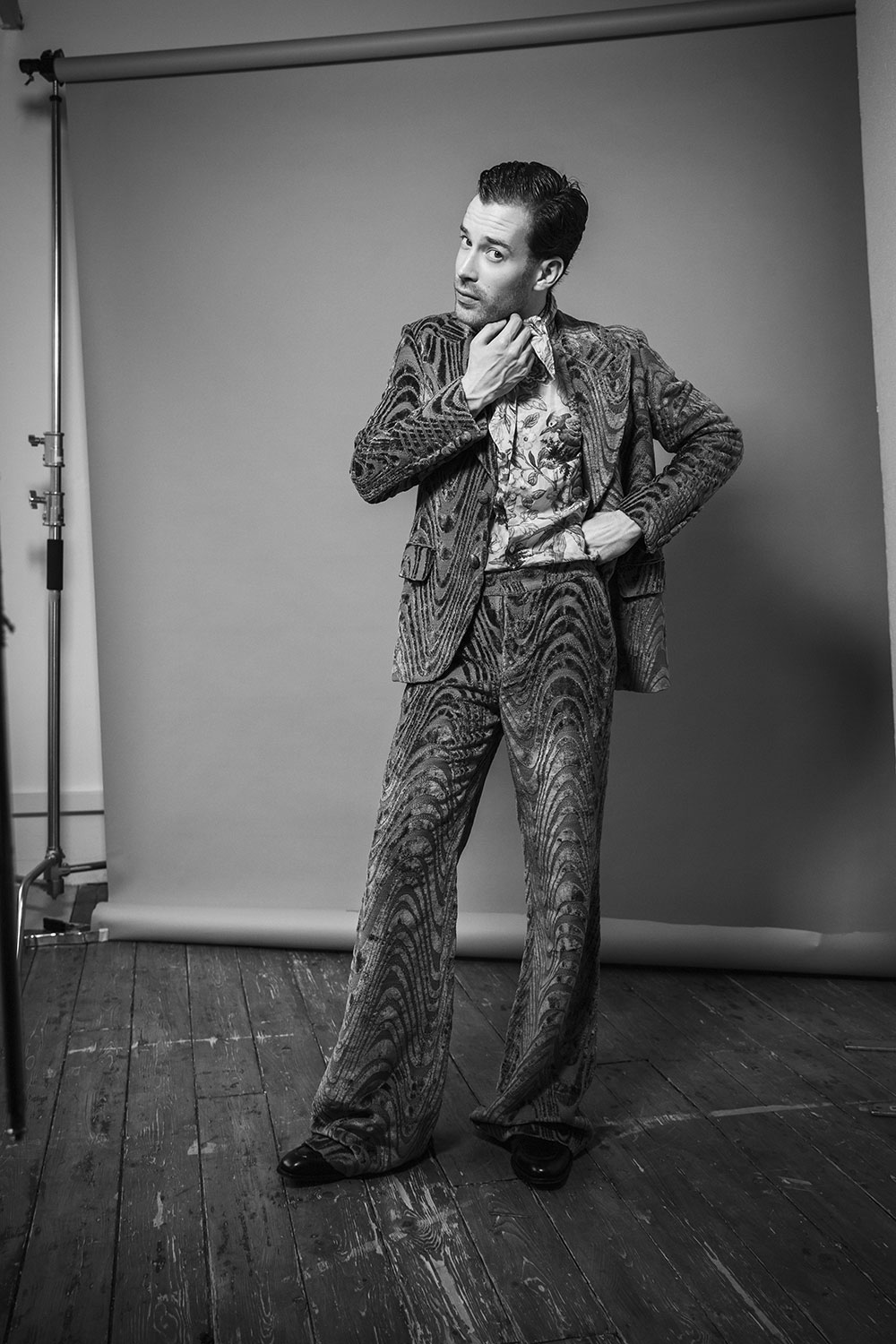
Photography – Lee Malone, Styling Fabio Immediato, Grooming Paul Donovan
SD: Your career has included roles in popular shows like “Doctor Who,” “Treadstone,” and “The Crown.” How do these experiences compare to working on “Masters of the Air”? And have they contributed to your growth as an actor?
DS: Yeah, I think each one of those shows has helped contribute to me as an actor. I think you learn something from every show you do, just from the people you work with, from the directors, from the material. And I suppose you hope as an actor that you glean something from whatever you do, however big or small it is. Each of those shows you described has a very different kind of tenor to them, and so require a slightly different approach. And it’s through doing those kinds of things, doing different roles, and throwing yourself into varying projects that you can flex different kinds of muscles. And so, you know, you mentioned “Black Mirror,” where I was playing someone who’s a very villainous, sinister character. And coming back to something like that, or coming back to a comedic part, enables you to work the memory of those muscles again, and ensure that they’re not left dormant for too long and that you keep them up to scratch.
SD: Okay. This is a personal question of mine that I like to ask: from all the characters you’ve played so far in your career, who would you like to go for a beer with?
DS: Well, I don’t think the character from “Black Mirror,” that’s for sure. Yeah, I think he’s probably best avoided. But I think Blakely, the guy that I played, would be a pretty cool guy to hang with. He was an incredibly well-respected and disciplined person, very well-liked by his men and by his crew. And I could tell from the interviews he did with his son that he had a kind of a cheeky fun side to him. And that’s something that I tried to bring across. So I think he’d be an interesting guy to hang with. Fortunately, I’ve got the chance to hang with his son and his family because they’ve gotten in touch. And I think I’m going to go see them in America. I also just saw them in Los Angeles. And yes, despite the fact I can’t speak with his father, I do at least have the chance to meet his son. So yes, that was incredibly special to meet those guys.
SD: Now, the last question, what can we expect to see you in the future? Have you got any plans or anything that you can share?
DS: I have got things coming out, but I don’t think I can share them yet. And I was using a detective series recently. So that’s something that’s in the pipeline. But, um, yes, my plans are, I’m off to America at the end of next week, and I’m going to be out there and do a bit of traveling. I’m going down to Texas to see that family of the character I played, and a few other places. But so yes, I’ve got things to come, but nothing I can speak of, I think. Yeah, unfortunately.
Fantastic. It’s been lovely talking to you, David. Thank you so much. I look forward to the show.
Masters of the Air is now streaming on Apple TV+

